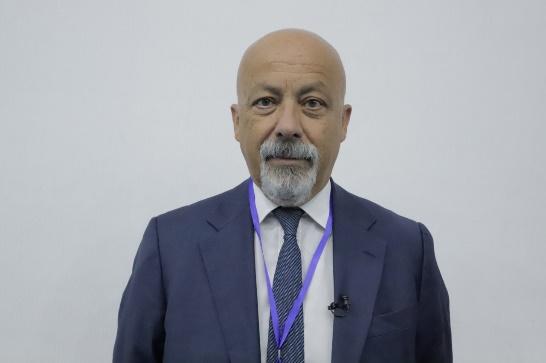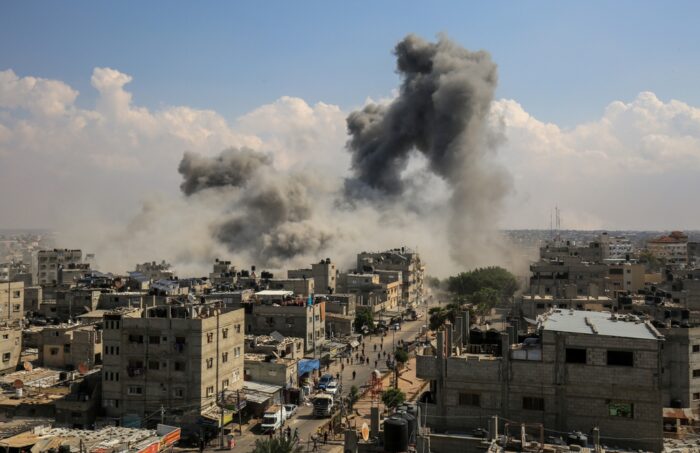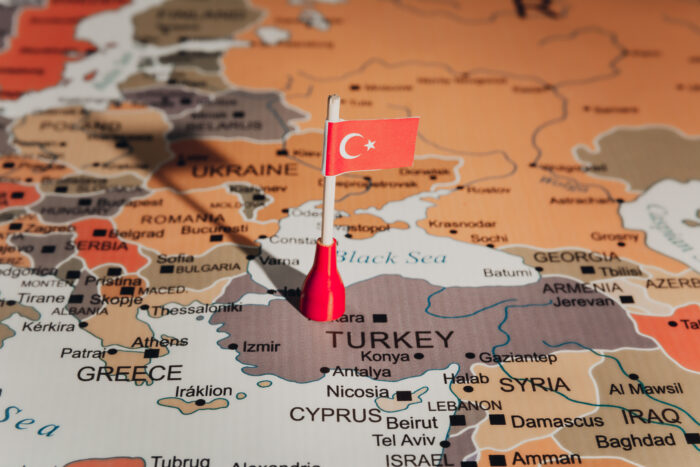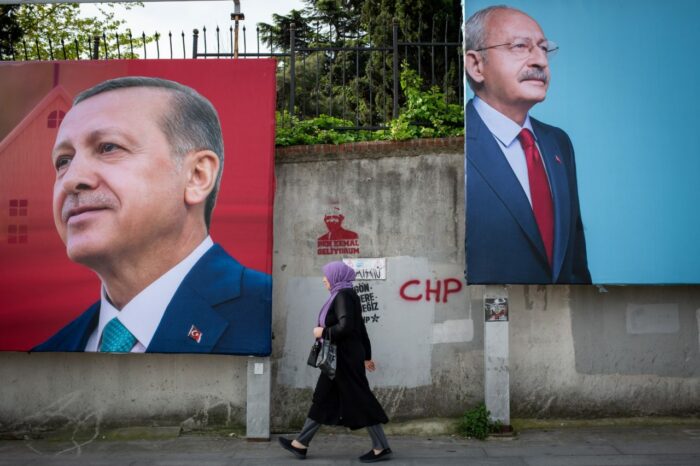The Progressive Post
Xi’s China? Or vice versa?

With his confirmation for a third term as Secretary General of the Chinese Communist Party (CCP), Xi Jinping will have defeated his opponents – even those who formally applaud unanimously. The extension of his other two positions, that of President of the Republic and that of Head of the Military Commission will be confirmed shortly after. Since China opened up half a century ago, no one has accumulated so much power, with no limit to the number of terms in office.
This concentration poses a crucial question: is Xi Jinping leading China, to the point of changing it, or does the country need a strongman, and Xi represents the best solution? The answer is obviously complex as both propositions bear some truth. Most international observers, even the most experienced ones, have largely insisted on the first part of the response. Probably the media require analytical shortcuts or excessively synthetic titles, where personalisation prevails: Xi President for life, one single and lonely man in charge, omnipotent like Mao. All true, albeit incomplete.
Deng Xiaoping, the architect of the China of records, cared about orderly political transitions, the regularity of growth, and social control. The tumultuous years of the Cultural Revolution (1966-76), the struggles between the different factions and the ideological orthodoxy of the Gang of Four stood against Deng’s main goal: stability of growth. After the 1989 Tiananmen crackdown, the transition between the next four Secretaries General was peaceful and agreed upon. For this reason, the limit of two mandates has been imposed – constitutionally and in practice. Its abolition by Xi is indeed disruptive. Furthermore, in China, we are witnessing a homologation of positions that reminds the cult of personality, a practice that has faded in recent decades. Today China speaks with one voice, that of its Helmsman.
All this is undeniable. However, the analysis must be completed by observing China in its complexity, grasping its dynamics and critical points. The country that Xi inherited in 2012 was at the peak of its economic growth, often centred on the two annual figures of GDP increase. Evidently, the long wave of reforms still worked well: support of private initiative, the attraction of foreign investments, low profile on the international scene, and continuity as the supreme good. As always, the downward trend was hidden behind the point of maximum development. To avoid it, it would have been advisable to improve the production structure, to sophisticate it with the leading innovative sectors. But the China of quantitative records – an endless factory of cement, steel, textiles, and footwear – is hard to die. There is a lot of resistance, from conservatives within the CCP to those who have taken advantage of the old habits (often they are the same people). The task is titanic, only someone who has full powers can handle it.
For the CCP, it is not the time for reforms or openings. Its very survival is at stake. Its fate coincides with that of the country. The challenge is decisive: to clean up the organisation without making it collapse, to intervene rapidly and without hesitation, to eradicate the defective parts while the machine is in motion. In these dramatic circumstances, Xi’s personality emerges. A man of apparatus, determined, acute, and with an impeccable curriculum within the Party. Like all his important colleagues, he studied engineering, pairing it with ideology, a subject no less important to his task than him. When the country was handed over to him, Xi gladly accepted, thinking that his strong grip is not a choice but rather a necessity.
Since then, his footprint has coincided with that of China. Internal enemies have been weakened. Many have aligned, others have ended up under arrest – or ended their lives. The fight against corruption was and is a valuable ally. Xi’s men are placed in leadership positions, from the army to propaganda, from security to data management. His entourage centralises unprecedented responsibilities, effectively reducing the prerogatives of the State Council. The hardest measures come in the beginning, then everyone knows where the wind is blowing.
However, it is on the international front that the news appears more striking, once again linked to the personality of the Secretary. Beijing has launched a more assertive policy because its strategic goal – to defeat its backwardness and present itself as a global power – has been achieved. For four decades, Deng’s recommendations to focus on moderation and responsibility prevailed. Attracting injections of foreign technology and joining the World Trade Organization represented intermediate steps for China’s new central role. Now, the unresolved issues can be put back on the agenda: China wants to collect the political dividends of its economic successes. It will not be an easy undertaking; the current increasingly worrying period is an obvious confirmation. It is therefore not surprising that there is a need for a strongman who represents the nation, who reassures and controls its citizens, who consigns submissive China to history, but who does not lead his nation towards deadly adventures.
His re-election at the 20th Congress is the logical and expected conclusion of this process. Europe, therefore, will face an even more demanding challenge ahead. Traditional pragmatism – which had favoured the economic aspects – will probably be insufficient because Xi’s China presents itself as a global interlocutor, that is, more assertive in the political and security fields. For Brussels, treating business and politics as distinct fields has long been a profitable – albeit artificial – separation. In the future, however, difficult choices will be necessary, if it wants to balance its fundamental values and legitimate interests, and if it wants to pursue both with a far-sighted vision, with respect for alliances, and the capacity to govern globalisation.
Photo credits: Shutterstock/Frederic Legrand – COMEO




